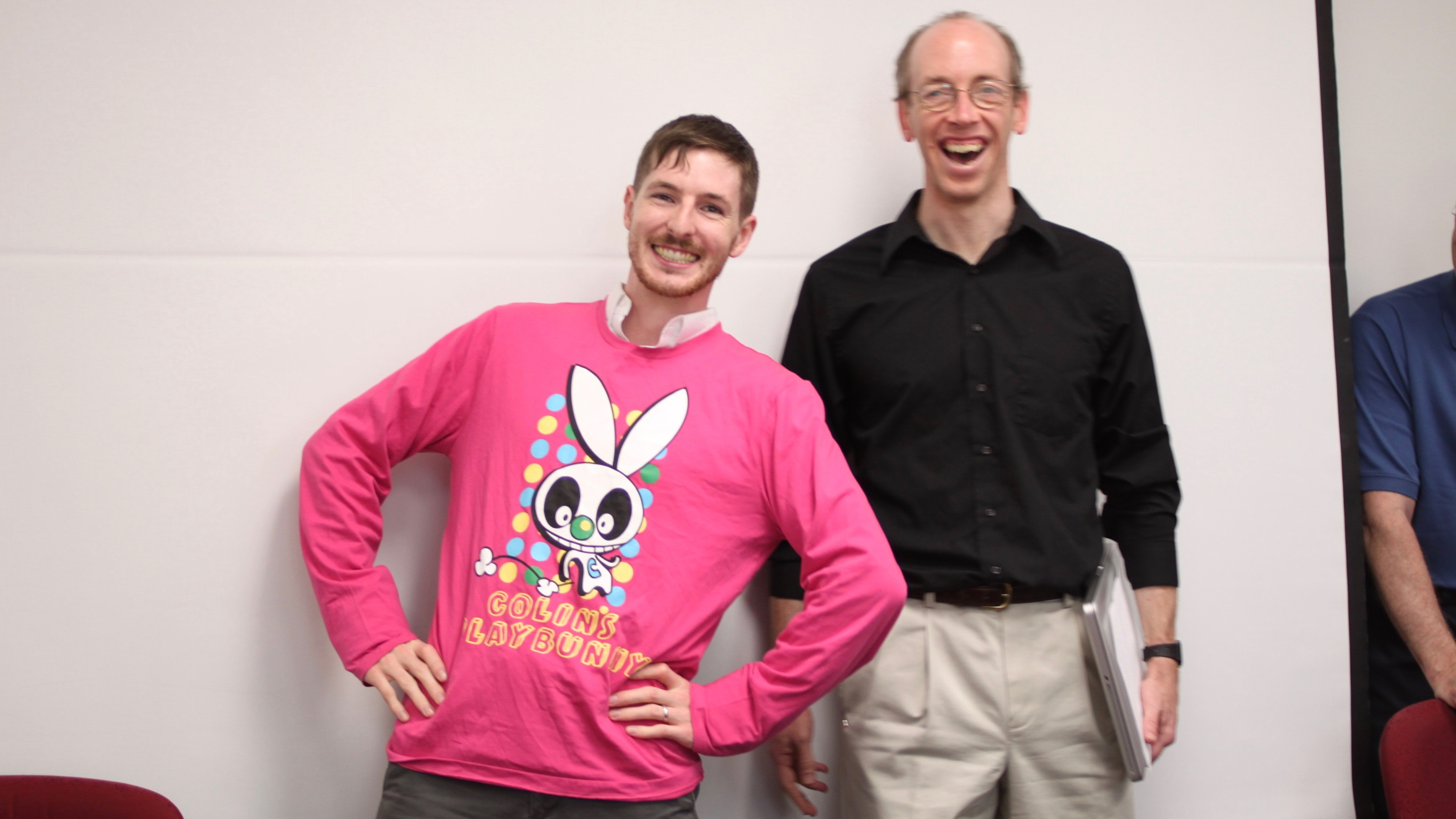Psycholinguistics Workshop - Colin Phillips / What have we learned from linguistic illusions?

Psycholinguistics Workshop - Colin Phillips / What have we learned from linguistic illusions?
Friday May 4 at the Psycholinguistics Workshop, Colin Phillips asks "What have we learned from linguistic illusions?" "Around 15 years ago,'' writes Colin, "we started poking at different kinds of linguistic illusions — phenomena like agreement attraction and illusory NPI licensing — because they were either a significant obstacle to understanding real-time grammatical processes, or they might shine a bright light on those processes. Since then a lot has been learned on the topic by a lot of people, using a bunch of different phenomena, languages, and experimental approaches. So much, in fact, that it has become difficult to keep track of the many different findings, and hard to know what they tell us. Brian Dillon and I are currently working on a review and synthesis. I wanted to share some of the things that we have been puzzling over as we work on this. There is broad agreement on some high level generalizations, and there are a lot of interesting low-level generalizations. But it is less clear what are the useful mid-level generalizations to emerge from this body of work."

